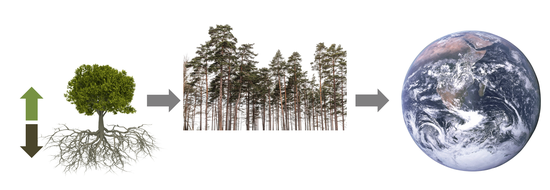Benjamin Stocker
Group leader, Asst. Prof.
Geocomputation and Earth Observation, Institute of Geography, University of Bern
About us
We are climate and ecosystem scientists with a special interest in interactions between global environmental change and terrestrial ecology and biogeochemistry.
Our work provides data-informed predictions of how land ecosystems respond to a changing climate, increasing CO2 and changes in nutrient cycles, and climatic extreme events. We develop process-based models, using eco-evolutionary optimality principles to explain plant traits and their adaptation and acclimation to the environment, and we apply machine learning and data assimilation techniques using diverse ecological data (ecosystem flux measurements, forest inventories, remote sensing, and manipulation experimental data, etc.). In brief, we are building models, as simple as possible and as complex as necessary to learn the most. All open access, of course.
We are motivated to gain a better understanding of issues that are becoming increasingly pressing to society and policy and that are key to creating a sustainable future.
- Predicting drought impacts on forests
- Climate-biosphere interactions
- Developing next-generation vegetation models
- Model-data integration and machine-learning
Featured Publications
Projects
Overview of some past and ongoing research. Head over here for funded projects and more research led by my group members.

Global leaf N and P
Identifying global controls and spatial upscaling
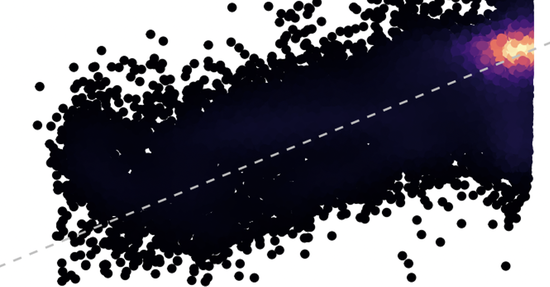
Sensing drought stress
Unlocking the full potential of surface reflectance remote sensing
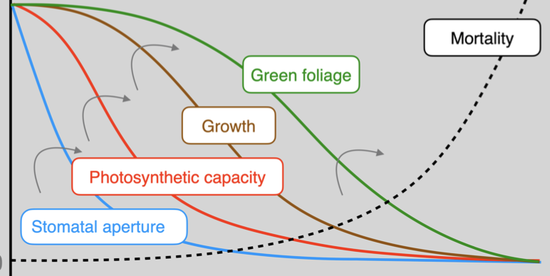
Ecological data assimilation
Data from intensive ecosystem monitoring sites are assimilated into predictions of a mechanistic ecosystem model

Phenology and photosynthesis
Is autumn phenology (really) sink-driven?
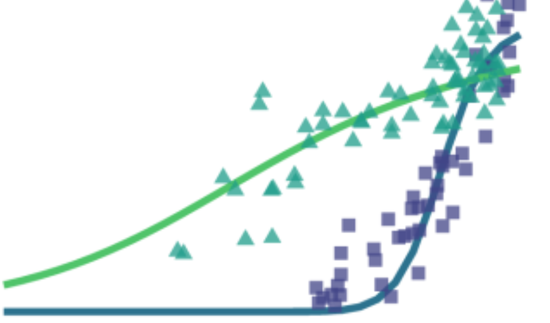
Optimality and plant hydraulics
A step towards a unified theory of plant photosynthesis and hydraulics
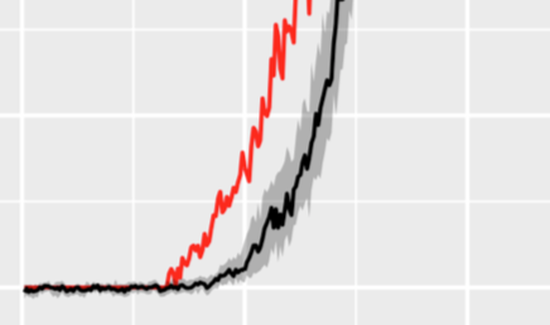
Cold acclimation effects on photosynthesis
Addressing a neglected source of model bias
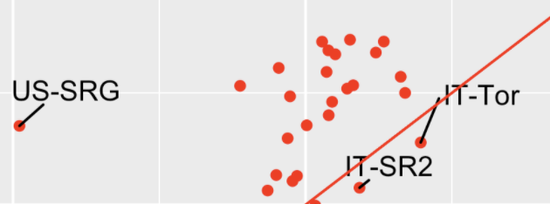
Machine learning for GPP
Building powerful models for spatial upscaling.

DGVM linearity
Diagnosing to what global vegetation models simulate source (photosynthesis)-driven carbon cycle dynamics.
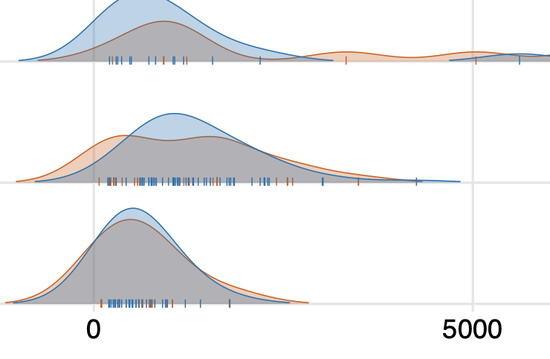
Rooting zone water storage capacity
A method for sensing the global distribution of the rooting zone water storage capacity from space. It’s consistent with plant adaptation to their hydroclimate!
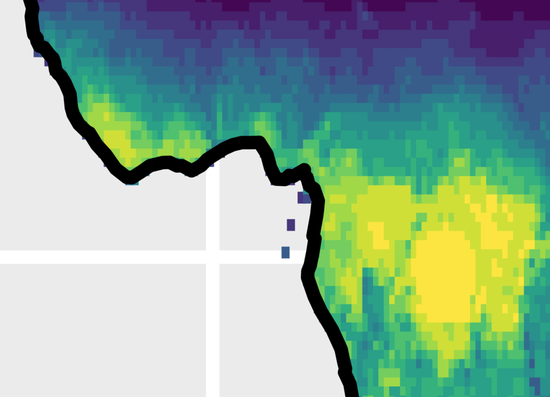
New constraints on terrestrial photosynthesis
Developing a reduced-complexity land carbon balance model to use atmospheric constraints on terrestrial photosynthesis.

Landcover6K model intercomparison
Multi-model simulations using updated Landcover6K-preindustrial land use change scenarios to assess impacts on climate and the carbon cycle.
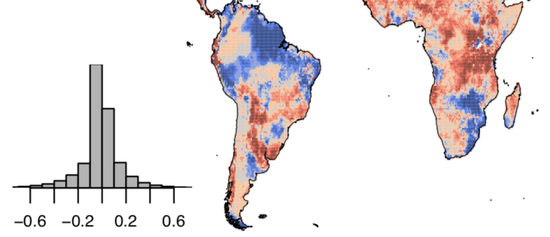
Carbon-water coupling across scales
Soil moisture effects on the carbon cycle - from the local to global scales and the impact of drought extreme events
Recent Publications
Recent Posts
Some blog posts I have written
Join us
Available positions in our group
Contact
- benjamin.stocker@giub.unibe.ch
- +41 44 632 48 90
- Hallerstrasse 12, 3012 Bern, Switzerland,
